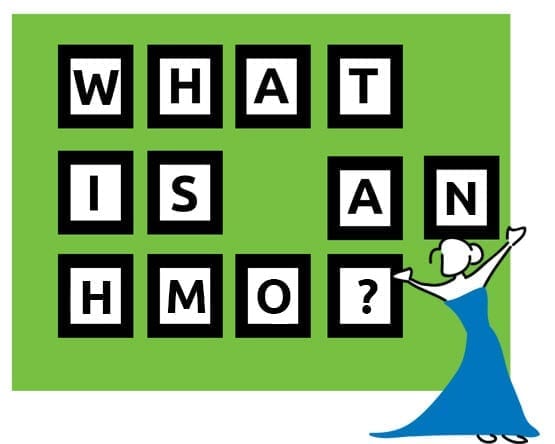What’s the difference between HMO, PPO, POS, PFFS and SNP Plans?
When you’re shopping for health insurance, you have a lot of options to choose from.
Knowing the differences between plans can help you choose the one that’s right for your health care needs and budget.
 As you look at plans, you may notice that some plans have letters after their names (HMO, PPO, POS, PFFS, SNP, Etc…) but what do they mean?
As you look at plans, you may notice that some plans have letters after their names (HMO, PPO, POS, PFFS, SNP, Etc…) but what do they mean?HMO stands for Health Maintenance Organization.
PPO stands for Preferred Provider Organization.
PFFS stands for Private Fee For Service.
POS stands for Point of Service.
and SNP stands for Special Needs Plan.
All these plans use a network of physicians, hospitals and other health care professionals to give you the highest quality care and keep your costs down. The difference between them is the way you interact with those networks.
Health Maintenance Organization (HMO)
- An HMO is a type of health-care plan that generally requires you to select a primary care doctor.
- In most cases, you need to get a referral to see a specialist.
- If you don’t follow the plan’s rules for services, you may have to pay the full costs of care.
- Except under certain circumstances, you’re typically not covered for services obtained outside of the plan’s network of Medicare providers.
- While the rules of an HMO health policy may be relatively restrictive compared to other plans, the restrictions may be offset by lower plan costs.
Preferred Provider Organization (PPO)
- With a PPO plan, you can generally go to any doctor or hospital, but will pay less if you use doctors and hospitals that belong to the plan’s network.
- PPO health plans typically don’t require a referral for care by a specialist. However, if you use out-of-network health care providers or specialists, you may be required to pay a higher portion of the cost for covered services.
- Compared to an HMO plan, a PPO plan may be less restrictive. However, the monthly premium for a PPO plan may be higher.
Private Fee-For-Service (PFFS)
With a PFFS plan, you will not need to choose a primary care doctor, and referrals are generally not required for treatment by specialists. However, not all Medicare providers accept the plan.
At one time, PFFS plans were the fastest growing segment of the Medicare Advantage market. These plans were very popular because they were not tied to a specific doctor or hospital network. In 2011, changes in Medicare law required certain PFFS plans to have networks of providers. So, if you are considering a PFFS plan, make sure you’re clear with that particular plan about which providers you can go to and what the requirements are.
Special Needs Plans (SNP)
Special Needs Plans (SNPs) are available for those who qualify with specialized health needs or who are in other specific situations (like living in a nursing home). These plans tailor benefits and coverage to meet the specific needs and conditions of the people they serve. You might be eligible for an SNP if any of the following conditions applies to you. This is not a complete list of all possible qualifications for an SNP.
- You have a severe or disabling chronic condition, such as chronic heart failure or dementia.
- You’re enrolled in both Medicare and Medicaid.
- You live in an institution such as a nursing home.
For details about qualifying for an SNP, see Medicare.gov.
HMO Point-Of-Service (HMO POS)
An HMO Point-of-Service plan is a slightly different and less common version of the HMO plan. Unlike a traditional HMO, an HMO Point-Of-Service plan usually lets you go to an out-of-network provider, but at a higher out-of-pocket cost. This benefit can make the plan function more like a Preferred Provider Organization plan.

Which one is right for you?
When you compare insurance plans, keep in mind the type of health services you need, how often you get them, what medications you take, and the copayments or coinsurance amounts for these drugs and services under the different plans.
Need more help comparing the different health insurance plans? I can help you.
You can use the BOOK APPOINTMENT button below to set up a time to speak with me on the phone or in person. I can also send you information ahead of time to get you started.
Have a question that needs to be answered right away? Just give me a call at your convenience. You can talk to a licensed insurance agent at (207) 370-0143 or call toll free 866-976-9038.



